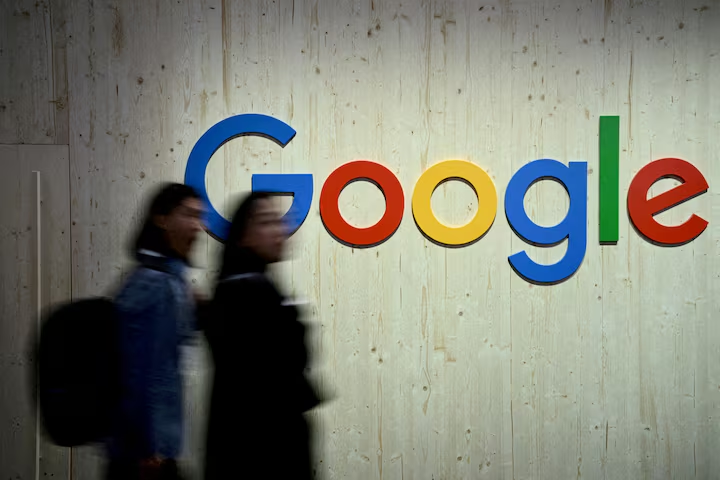
Google to Appeal Antitrust Ruling Over Search Monopoly
May 31 (Reuters) – Alphabet Inc.’s Google announced on Saturday that it plans to appeal a key antitrust decision, following a federal judge’s proposal for more moderate remedies aimed at restoring competition in online search. The judge’s proposals are seen as less aggressive than the 10-year regulatory framework initially suggested by antitrust enforcers.
wrong, and we look forward to our eventual appeal,” Google stated in a post on X (formerly Twitter). “We will wait for the Court’s opinion. We still strongly believe the Court’s original decision was
On Friday, U.S. District Judge Amit Mehta in Washington heard final arguments regarding potential remedies for Google’s unlawful monopoly in online search and search advertising.
This is part of a broader antitrust crackdown on Google. In a separate ruling from April, another federal judge found that Google had illegally dominated two markets for digital advertising technology. The U.S. Department of Justice (DOJ) has since proposed that Google be required to divest parts of its ad business, including Google Ad Manager, which encompasses both its ad server and ad exchange platforms.
In the search monopoly case, the DOJ and a group of states are pushing for remedies such as requiring Google to share search data with rivals and ending its multibillion-dollar deals with Apple and other smartphone manufacturers. These payments help ensure that Google remains the default search engine on new devices.
Regulators are increasingly concerned that Google’s dominance in search provides it an unfair head start in emerging technologies, particularly artificial intelligence products like its Gemini AI platform.
At Friday’s hearing, Google attorney John Schmidtlein argued that Google has already addressed competitive concerns. He noted that the company has stopped making exclusive agreements with wireless carriers and device makers—including Samsung—allowing them to preinstall competing search engines and AI apps on new devices.